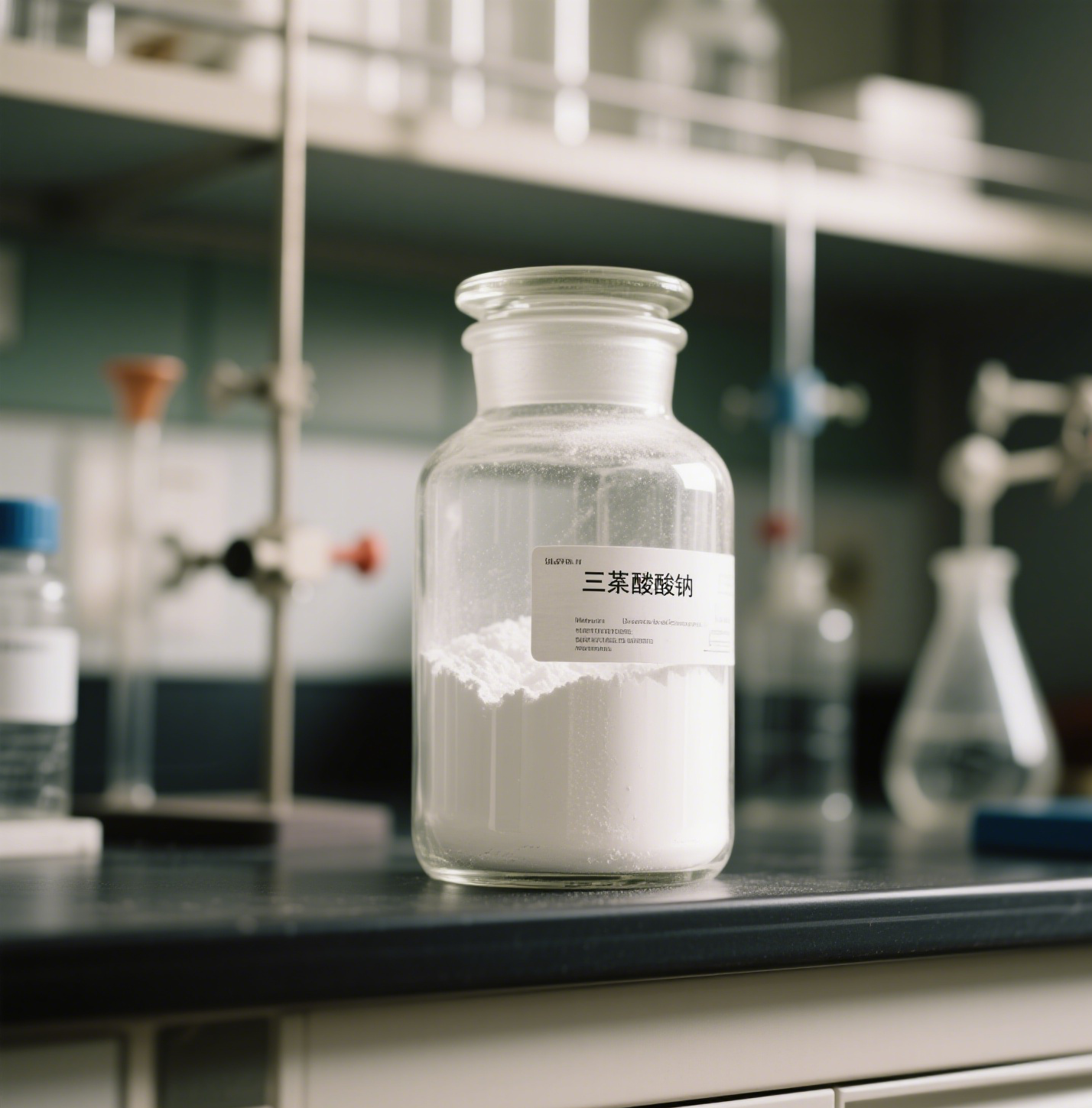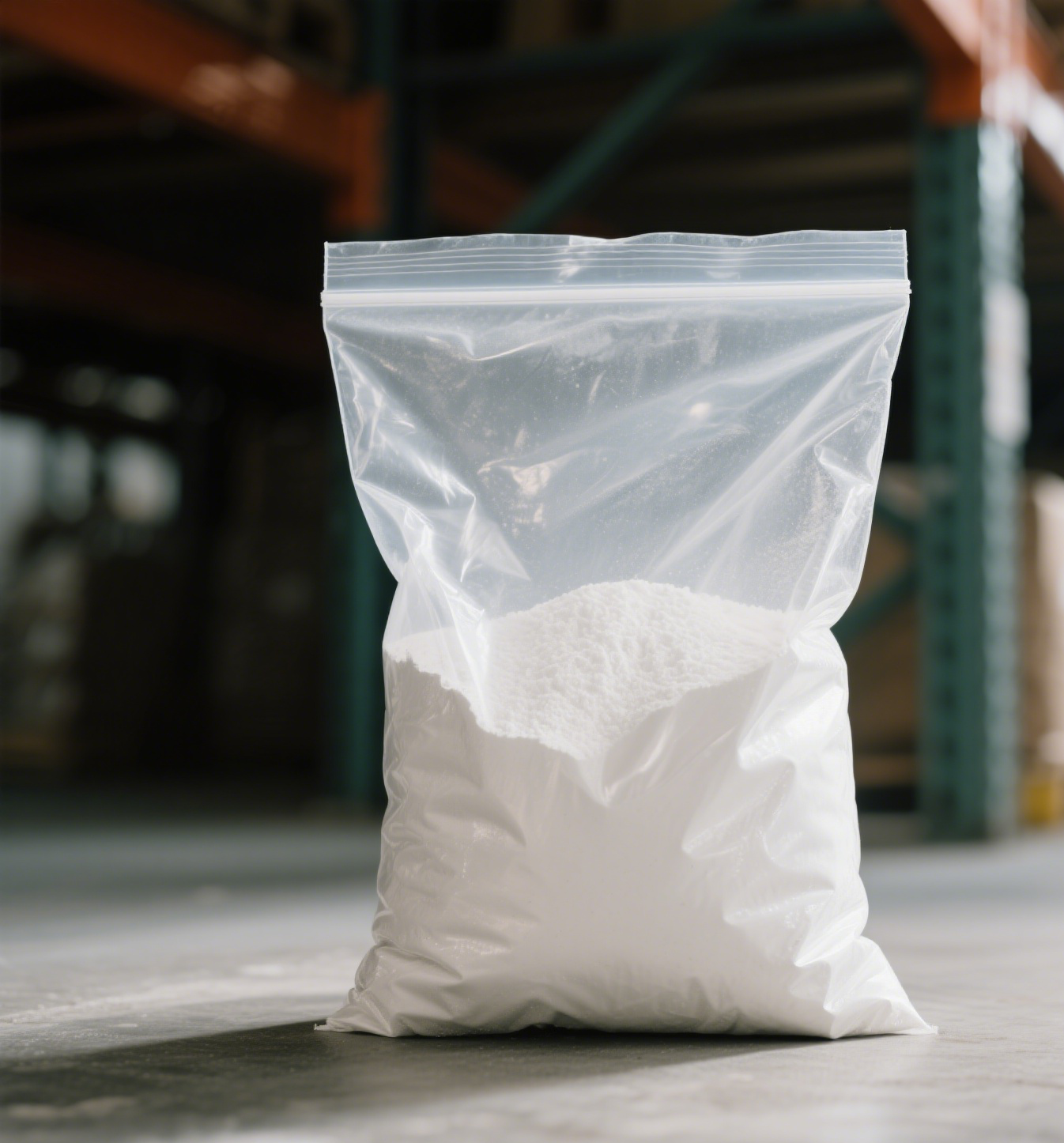bruk av natriumtripolyfosfat
Sodium tripolyfosfat (STPP) er et flerbrukbart anorganisk forbindelse som spiller en avgjørende rolle i flere industrielle anvendelser. Denne hvite, krystalline powsen er et viktig ingrediens i rengjøringsprodukter, matbearbeiding og vannbehandlingsanlegg. I rengjøringsanvendelser fungerer STPP som vannmildner og emulgerer, og fjerner effektivt smør og fett samtidig som det forhindreder at disse blir igjenplassert på overflater. I matindustrien fungerer det som konservant og kvalitetsforbedrer, og opprettholder vanninnholdet og teksturen til bearbeidede matvarer, særlig i sjømat- og kjøttprodukter. Forbindelsens evne til å binde metallioner gjør det uverkligelig i vannbehandlingsprosesser, hvor det hjelper til å forhindre skalertning og korrosjon i industriell utstyr. Dets molekylære struktur lar det binde seg til metallioner, og opprette stabile komplekser som forbedrer effektiviteten av rengjøringsprosesser og øker produktstabiliteten. Dessuten fungerer STPP som et fordeleringsmiddel i keramikkproduksjon og har en rolle i produksjonen av ulike industrielle kjemikalier. Sammensettelsens effektivitet i flere pH-verdier og dens stabilitet under ulike prosessbetingelser gjør det til et foretrukket valg i ulike industrielle sektorer.


